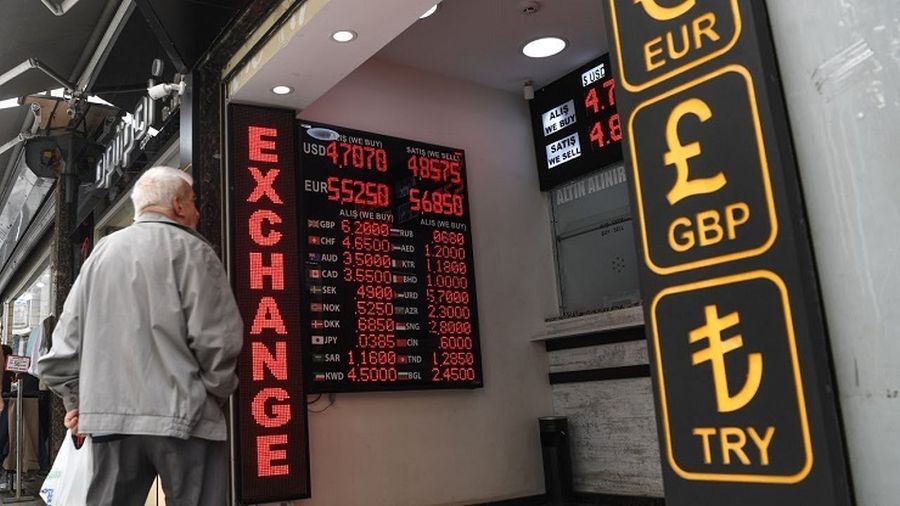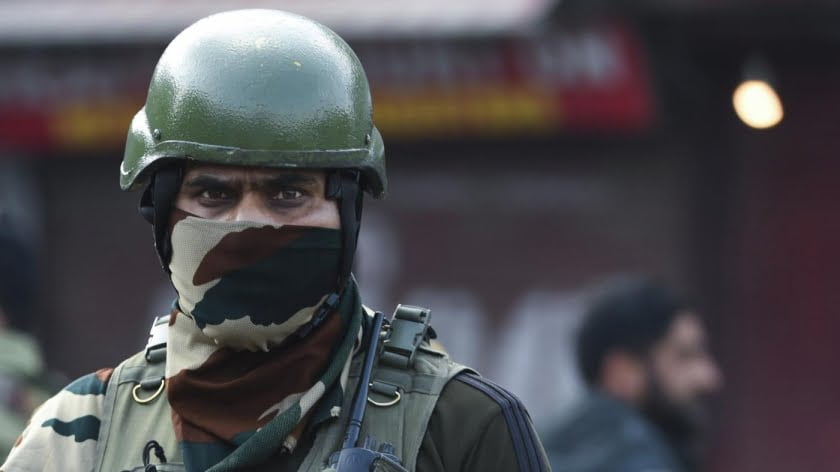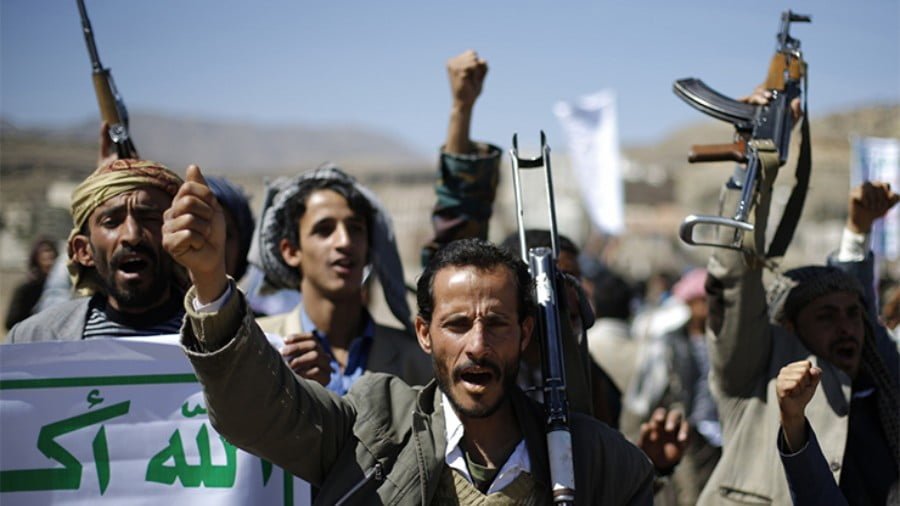West Steps Up Sanctions against Turkiye
At the behest of Washington, Western countries are intensifying the crisis in relations with Ankara by imposing more and more anti-Turkish sanctions. Be it for the drilling operations in the eastern Mediterranean, the purchase of Russian surface-to-air missile systems, or simply because of rapprochement with Russia – anything goes. All of this is done with the obvious expectation that such an ostentatious anti-Turkish policy will “clamp down” not only on Turkish leader Erdoğan, but will also point out to other European countries the “perniciousness of going against the American current.”
To “curb Ankara’s enthusiasm” for pursuing policies independent of Washington and Brussels, the EU has expanded sanctions against Turkish officials and businessmen, many of whom are banned from entering the EU while their European assets are frozen. There are increasing calls from Germany not only to review Ankara’s role in European affairs, but also to analyze Turkish policy in Libya, Syria, the Eastern Mediterranean and Nagorno-Karabakh.
Ankara’s intention to become a full-fledged member of the SCO caused yet another outburst of “anti-Turkish resentment.” The West thus demonstrated to the world that its declared democratic principles of national self-determination are being overturned by Washington and Brussels.
Germany has been particularly zealous in defending “American-style rules,” with Bundestag foreign policy representative Jürgen Trittin, leader of of Alliance ’90/The Greens, suggesting on September 19, according to German media reports, to “consider enforcing economic measures against Turkey” for its attempts to gain a foothold in the SCO. Niels Schmid, foreign policy spokesman for the Social Democratic Party (SPD), which together with the Greens and the Free Democratic Party (FDP) make up the governing coalition in Germany, also expressed solidarity with Trittin’s position. However, it is not only Ankara’s plans for deeper cooperation with Russia and China within the SCO that Trittin and current German politicians consider unacceptable for Turkey’s Western NATO allies. Equally “outrageous,” in their view, is the fact that Turkey is obstructing North Atlantic Alliance monitoring of the arms embargo on Libya, and drilling oil and gas wells in Greece’s exclusive economic zone. Particularly heightened anti-Turkish grievances, at the instigation of Washington, have been raised recently in Europe regarding Turkey, as a NATO member, doing more than China to enable “Russia to circumvent European sanctions,” as well as Erdoğan’s stalling of the Finnish and Swedish NATO membership process.
A new round of anti-Turkish sanctions by the European Union has included the recent denials of visas to Turkish nationals. Finding no plausible explanation for these actions, Nikolaus Meyer-Landrut, Head of the European Union Delegation to Ankara, told the Turkish newspaper Hürriyet on September 26 that these denials of Schengen visas to Turkish nationals were allegedly “mainly related to the submission of forged and incomplete documents.” Yet he failed to give a clear answer as to what such denials were “notmainly” related to. Instead he clumsily tried to explain that there had allegedly been a serious increase in the number of applications for entry visas around the world following restrictive measures related to the Covid-19 coronavirus pandemic, and that this increase had “caused some problems with visa processing in practice and increased waiting times”…
Meanwhile, a growing number of Turks are complaining about the toughened attitude of Western diplomatic missions towards their visa requests. This is especially true for students and businesspeople, who face serious problems with the timing of Schengen visas when organizing their trips to European countries. At the same time, EU embassies are not only disrupting the issuance of Schengen visas, but they are also significantly extending the visa processing deadlines and artificially complicating the process itself by requiring an excessive number of documents.
This problem with the recent complication of obtaining Schengen visas for Turkish nationals has been repeatedly highlighted by Foreign Minister Mevlüt Çavuşoğlu in his public statements. He stressed that Western countries, mainly the EU and the US, are deliberately complicating and prolonging visa procedures for Turkish nationals and warned that envoys from these countries will be summoned to the Turkish Foreign Ministry to clarify the current visa situation.
Furthermore, by imposing restrictions on Russian-Turkish air links, Western countries are blatantly inflicting serious damage on the Turkish tourism industry, which is one of the main channels for Turkey’s budget revenues. And they absolutely understand that Turkish carriers, because of the sanctions imposed on Russian airlines to operate international flights, are extremely limited in their ability to provide the necessary volume.
In addition, the US and the EU are increasing pressure on Turkey’s banks supporting Russia’s Mir payment system, which plays a rather important role not only for Russian tourists when they arrive in Turkey.
Pressure on Turkey is mounting as Western countries increasingly realize that their sanctions have not damaged Russia’s economy as much as they hoped. And the artificial nature of the economic crisis in Europe along with the fanatical crusade of EU bureaucrats against Moscow is resulting in collective impoverishment, economic suicide and the degradation of Europe itself. While the US is profiting from the European energy crisis, a “winter of popular discontent” is knocking at the door of the European Union. Against this backdrop, the West actively seeks to fracture Turkish society, undermine its unity and generate a wave of resentment in the country against President Erdoğan.
However, the Turkish leader has managed to cope with such attempts by his detractors in the West, largely thanks to a well-considered policy with Moscow and a gradual departure from his previous commitment to a unipolar, “American-style” world.
And Western restrictions, as well as a generally hostile policy towards Turkey, Russia and an increasing number of pro-Moscow countries, only accelerate the degradation and disintegration of the West and the reorientation of the global community towards a just multipolar international relationship to the detriment of the US and its allies.







